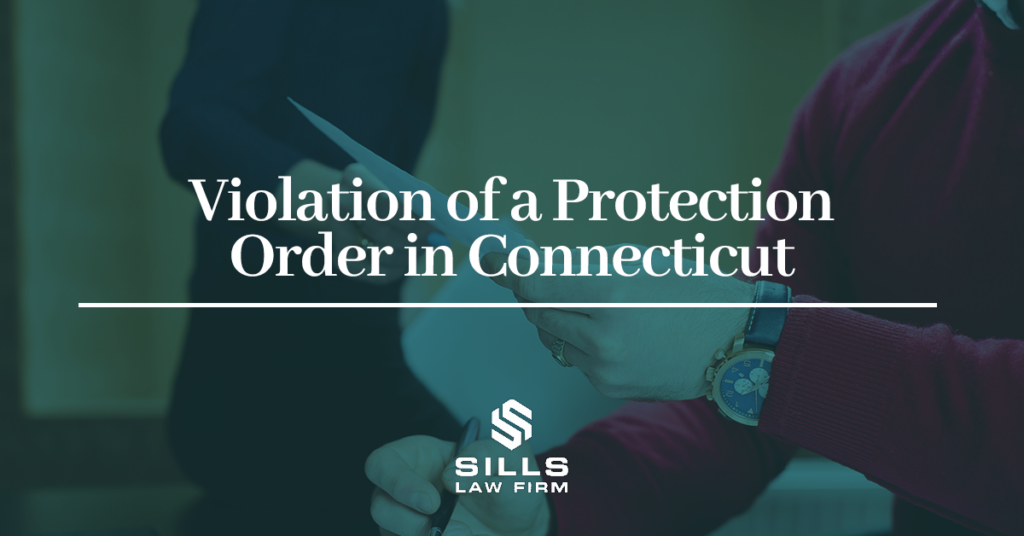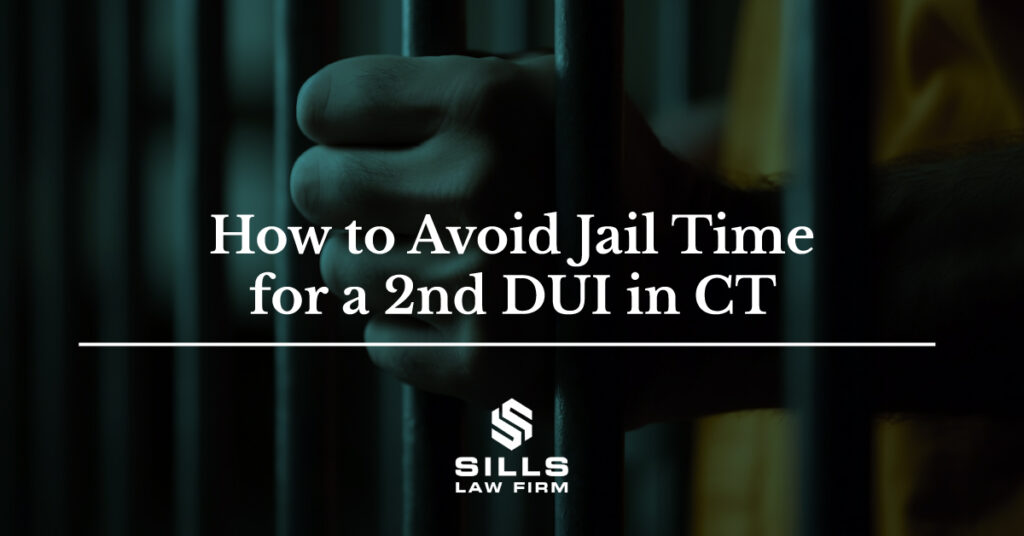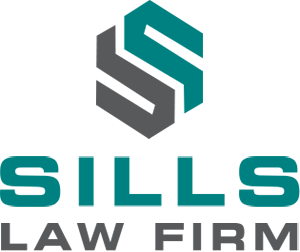There are many different ways a person can commit a crime against property, and the way the crime is committed can have a serious impact on the way in which a person may be punished. If you’ve been accused of a property crime, understanding the wrongdoing you’re charged with is one of the best ways to protect yourself.
All property crimes involve either the destruction or theft or property through illegal means, though each charge is a bit different from the next.
The most common types of property crimes include:
- Larceny: More commonly called theft, a person commits larceny by taking something valuable from another person without their consent and without any intent to return it to the owner. This can also include identity theft and motor vehicle theft.
- Robbery: A robbery is similar to theft in that it involves taking money or property from someone, but includes the use of force. For example, if a person were to rob a cashier at gunpoint, it would be considered a robbery.
- Burglary: A person commits burglary when entering a business, home, or other property illegally, usually by force, with the intent of stealing or committing a crime. Sometimes, this may also include trespassing.
- Arson: Arson is when someone intentionally burns a structure, property, home, or forest land. Repercussions for this crime may be more severe, depending on the damage done and if the area was occupied when it caught fire. If people are hurt, charges may be harsh.
- Vandalism: When a person destroys, damages, or otherwise defaces another person’s property unlawfully or against their permission, it is considered vandalism. It may also be referred to as malicious mischief or criminal damage.
While these types of crimes do not typically involve injury to another person, they can. If you injure another person while committing a crime, the penalties for the crime will be more severe. Minor crimes, like shoplifting, are charged as misdemeanors, whereas more serious crimes, such as robbery, are considered felonies.
Felony charges may result in up to 5 years in prison, up to $5,000 in fines, and probation, if charged with first degree. Misdemeanors may be punishable by 3 months to 1 year in jail, and $500 to $2,000 in fines. Additionally, property crime charges could certainly affect your criminal record and could make it difficult to find employment and obtain housing. These charges could have a significant impact on your future, which is why it is crucial that you seek professional legal help as early as possible.
If you’ve been charged with a property crime, start building your defense today and contact the Connecticut criminal defense lawyers at The Sills Law Firm for a free consultation.






